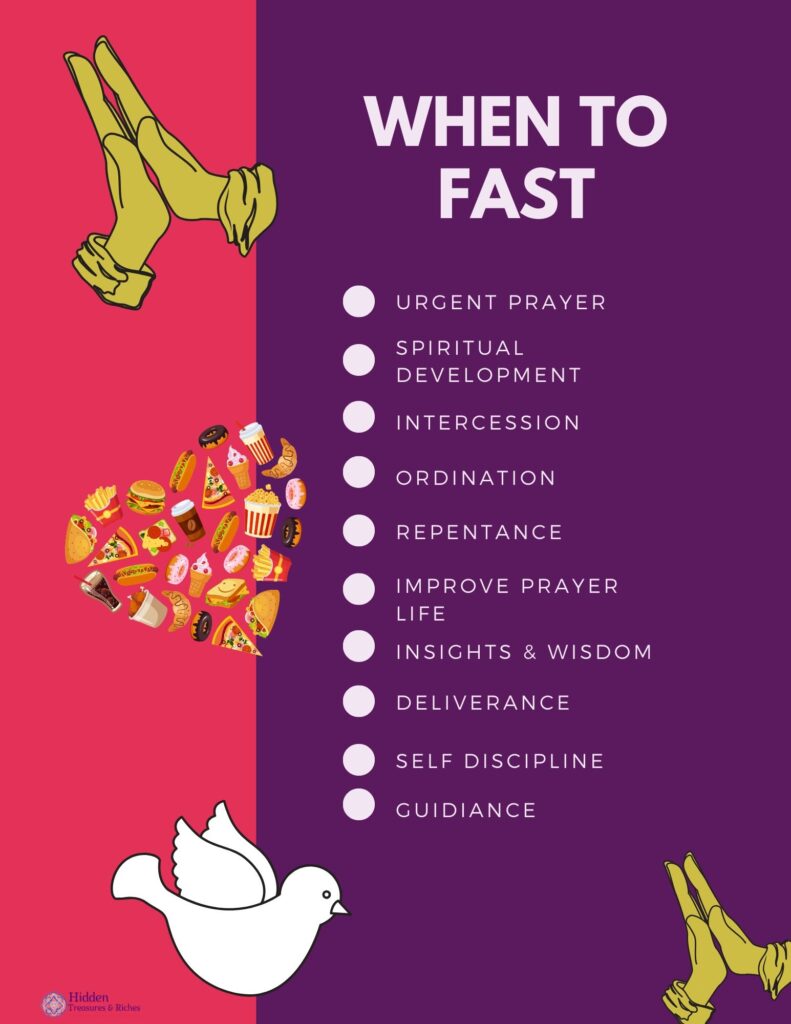Are you in a storm, coming out of one or waiting for your next storm? Fasting and prayer are essential in your spiritual toolbox if you want to weather the storms of lfe well. Today’s post is an excerpt from my book, Weathering Storms: Finding Treasures in the Ruins.
I grew up in a home where fasting and prayers were a part of our spiritual practice. As a child, I would fast till about noon, and then my parents would pray with me. They taught me to read Scriptures and memorize them during this time. Fasting provided my parents opportunities to seek spiritual guidance for important decisions such as when we were going back to boarding school, relocation, job changes, or when relatives were coming to live with us.
A Listening Heart

Take the first step towards healing and growth. Book your free call now and let’s journey together in faith and friendship.
It is only in the last few years I have come to appreciate the benefits of fasting and prayer in enhancing my relationship with God. Fasting is abstaining from food, water, or other pleasures for a spiritual purpose.
Why should believers fast?
The Bible includes several accounts of fasting and prayer. In Mark 9, when the disciples encountered a boy who was demon-possessed, they could not drive out the demon. Later, in private, the disciples asked Jesus why they couldn’t drive out the demon. Jesus responded,
This kind cannot be driven out by anything but prayer and fasting.
Mark 9:29 AMPC
Esther called the Jews to fast for three days while she prepared to go to the king on their behalf (Esther 4:16). Daniel fasted regularly. Jesus fasted forty days and forty nights and resisted temptation (Matthew 4:1–4). The prophetess Anna worshiped God with prayer and fasting (Luke 2:36–37).
Though there is no hard rule about fasting, there are various reasons to embrace this discipline. I would not have survived the enormous spiritual warfare I’ve experienced since 2007 without fasting and prayer. This is an essential tool if you want to intercede for others and engage in spiritual warfare.
When should a believer fast?

I encourage you to study the following reasons:
• Need for urgent prayer. (1 Kings 21:27–29; Psalm 35:13)
• Spiritual development and deeper fellowship with God. (Exodus 24:18)
• Interceding for God’s people. (Deuteronomy 9:8–9; Ezra 10:6)
• Ordination of elders and commissioning. (Acts 13:3; Acts 14:23)
• Repentance from sin. (Nehemiah 9:1–3; Joel 1:14; Jonah 3:5–10)
• To build up your prayer life and confidence in God. (Daniel 9:7–11, 20–23; Matthew 6:9–13)
• Spiritual cleansing and insights. (Acts 9:17–18)
• Spiritual deliverance. (2 Chronicles 20:3–4, 29; Isaiah 58:6)
• Self-discipline. (Daniel 10:2–3; Isaiah 58:3; Exodus 16:49)
• Direction. (Judges 20:26–28; Ezra 8:21–23; Acts 13:2–3)
Our motives for fasting must be pure and come from a joyful attitude, not to show off or brag, like hypocrites (Luke 18:9–14).
Prayer
Lord, thank you for the gifts of worship, praise, prayer, and fasting as elements to increase our faith and help us experience your supernatural power in greater depth. Amen.
What is your experience with fasting and prayer? Share in the comments below.




1 thought on “Hope Toolbox: Fasting and Prayer”
Pingback: 4 Steps for Applying Scripture Meditation and Prayer to Everyday Situations with Confidence. Hidden Treasures and Riches